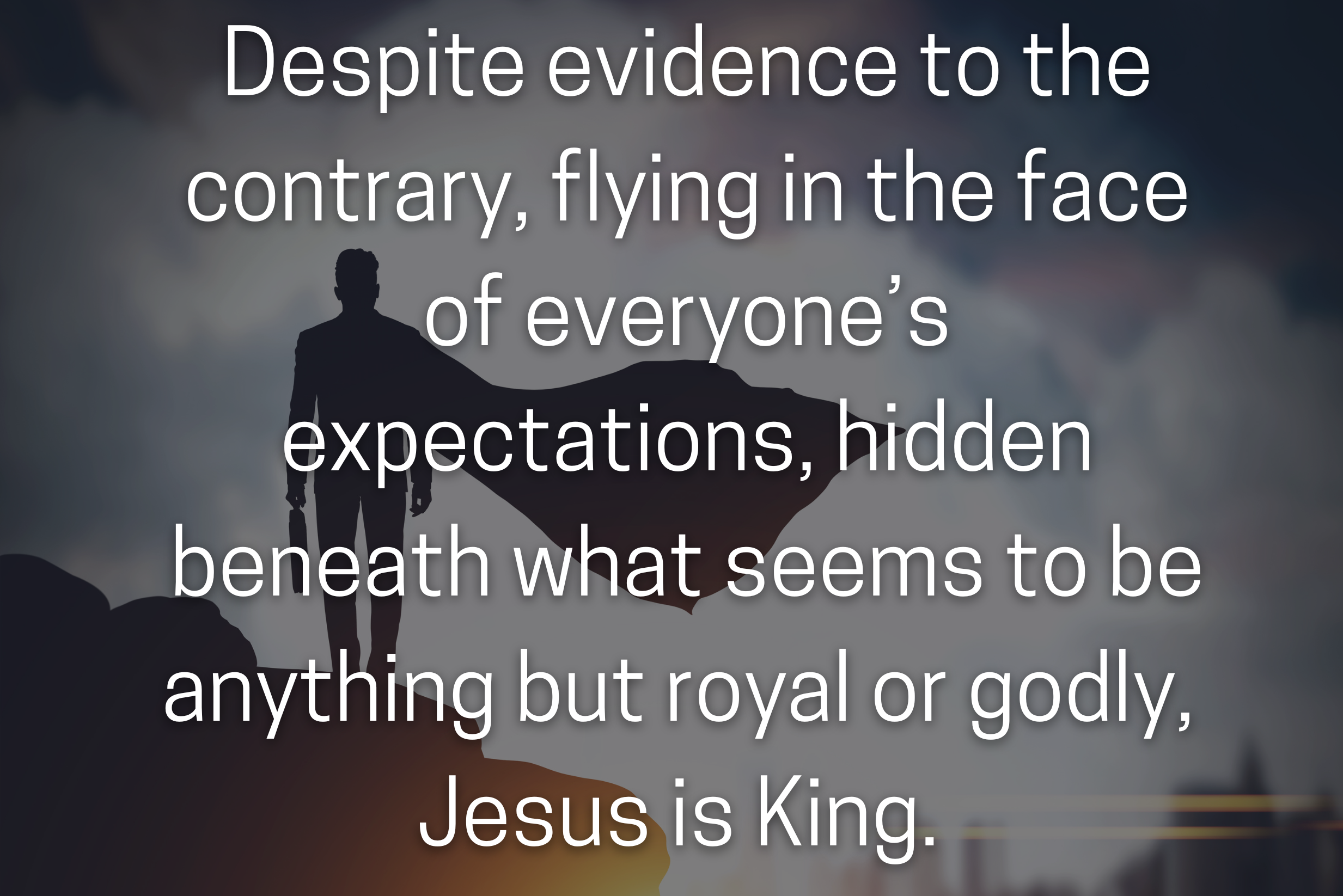Sixth Sunday after Epiphany
A Story of the Heart
Deuteronomy 30:15-20
Sixth Sunday after Epiphany
Analysis by Glenn L. Monson
15 “See, I have set before you today life and prosperity, death and adversity. 16 If you obey the commandments of the LORD your God that I am commanding you today, by loving the LORD your God, walking in his ways, and observing his commandments, decrees, and ordinances, then you shall live and become numerous, and the LORD your God will bless you in the land that you are entering to possess. 17 But if your heart turns away and you do not hear but are led astray to bow down to other gods and serve them, 18 I declare to you today that you shall certainly perish; you shall not live long in the land that you are crossing the Jordan to enter and possess. 19 I call heaven and earth to witness against you today that I have set before you life and death, blessings and curses. Choose life so that you and your descendants may live, 20 loving the LORD your God, obeying him, and holding fast to him, for that means life to you and length of days, so that you may live in the land that the LORD swore to give to your ancestors, to Abraham, to Isaac, and to Jacob.”
It was that mercy in the courtroom that stuck with him. He had been lost and was found. He had been cursed and was blessed. He had been dead and was now alive. Mercy was the key to life.
DIAGNOSIS: A Heart Turned Away
Step 1: Initial Diagnosis (External Problem): Going Deaf
He was an up-and-coming leader in the U.S. Army. Only in his mid-forties he had already achieved the rank of colonel. He was a shoe-in to be promoted to general soon. One thing concerned him: What was he going to do with this new-found faith of his? He hadn’t realized when he started coming to the officers’ Bible study that his heart could be changed. He hadn’t realized that God could be so real. “Better not get too serious about this religion stuff,” he thought. “I’ve got a career to think about.” Before long his Bible study buddies stopped calling; he didn’t return their calls anyway. Did he even hear them?
Step 2: Advanced Diagnosis (Internal Problem): Other Gods
It kind of ticked him off: One Sunday while worshipping at the post chapel, the young colonel heard the preacher say that if a person’s heart turned away from God he could be led to serve “other gods.” “Other gods?” he thought. “Nonsense! There is only one God. I know that.” And yet it irked him. He was serving the country! He was serving his men! He was serving God in his work. “Yes, I know that I’m on the fast track to be general (and maybe a 4-star, or even the Chairman of the Joint Chiefs someday!), but that’s not why I’m here. I’m just doing my duty.
Step 3: Final Diagnosis (Eternal Problem): Perishing
It’s odd how it all collapsed so quickly, like a bad dream. He had worked so hard and done everything that was asked of him, and more, and yet when it came time for promotions, somehow he was passed over. He took it out on his wife and kids; he felt bad about that, but he was just so darn unhappy. Then came the nightly drinking binges. Who could blame him? He was supposed to be on his way to glory and now he was getting sent to Fort Dustbowl! What a bummer, and no one seemed to understand. Where would it all end? Left to his own devices, it would not end well. God knew.
PROGNOSIS: A Mercy Experienced
Step 4: Initial Prognosis (Eternal Solution): A Freeing Word
It all came to a crashing halt one day in court. He had been arrested for driving drunk. He was guilty and he knew it. He could have killed someone. He was nailed to his own cross. The judge said, “I’ve looked at your record, Colonel. There is nothing there to indicate that this behavior needs to continue. I’m setting you free. Choose life.” And with that the judge released him. Mercy undeserved! He should have been court-martialed. He could have gone to jail and he knew it, and yet he was set free by this merciful judge. “Choose life,” the judge had said. “Have I been choosing death?” he thought. “Was I really doing that?”
Step 5: Advanced Prognosis (Internal Solution): A Word That Turns
Once again, he didn’t really see it coming, but it started with a question the post chaplain asked in a sermon one Sunday morning: “What is your heart clinging to?” That was the question. As he thought about it, he realized that everything his heart had clung to had been ripped away from him: his dreams, his marriage, his family, his health. None of that remained. “Maybe it’s time to start clinging to God,” he thought. Leaving church that day, he glimpsed the crucifix that hung in the chapel: “There’s a guy who really knows what it means to choose life—even in the face of death,” he thought.
Step 6: Final Prognosis (External Solution): A New Life
The trajectory of death and adversity was no longer his path. Yes, he had started over in the civilian world, but it wasn’t long before his gifts started to get noticed. His health returned and once again he had a spring in his step. Would a prosperous life be his after all? He didn’t know. But it was that mercy in the courtroom that stuck with him. He had been lost and was found. He had been cursed and was blessed. He had been dead and was now alive. Mercy was the key to life. He knew it. He lived it. He thanked God for it every day.



